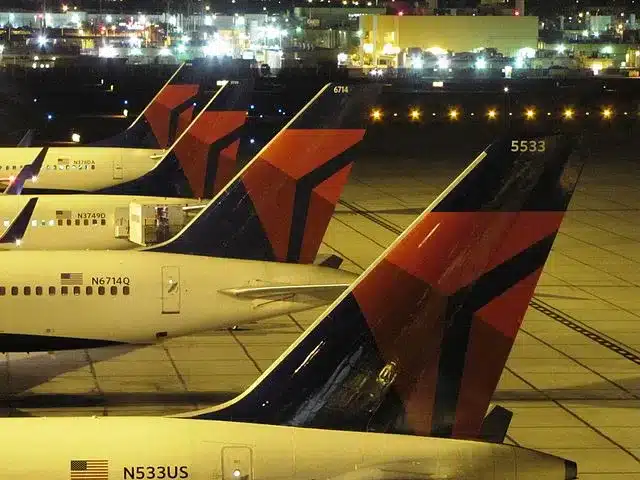We know you're scared - Here is Why
Aerophobia – or fear of flying – has been around since the Wright brothers first flew with seats in 1917.
Back then there was plenty to be scared about. These days, not so much. So, we’d like to take this non-phobia and banish it with reason and science.
This one is going to be tough for some of you. So apologies in advance, but my grandmother used to tell me that the greatest love of all was tough love.
Her tough love could be simply translated into “lessons you need to learn – that you don’t yet understand why”. And my nan knew how to deliver a lesson.
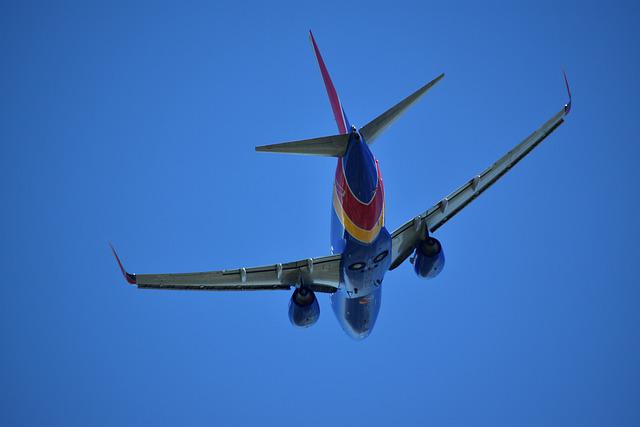
My nan never lied to me but somewhere along the road, you have been lied to. A little bit. And we mulled over this and argued for hours into the night here at WT towers before we too arrived at the same conclusion.
There is no such thing as Aerophobia
Or a Fear of flying…
It’s a myth, 99% of the time. And we need to pull back the curtain to see what’s really going on. We know people are succumbing to something. But what exactly?
A lot of us fear flying. It can happen at various stages of the flight itself and affects people differently. For example, I feel it most during turbulence because I’m an engineer and my mind immediately imagines to the avionics bay where I worry some of the LRUs might not have been tightened during the last check.
But quick as a flash, I switch to my conscious brain and banish these thoughts immediately.
Fear of flying is not a Fear of Flight
The day arrives and you wake with that feeling. That “flying day” feeling. Your jaw is set, and you bark orders at everyone in your path as you try to hold all the family, luggage, and other tasks and commitments in your cerebral cortex.
You pack everything up into a stranger’s car and go to the airport where the worst thing in the world awaits. Other people. You queue with them, drop your bags beside them and fight crowds of them all the way to the security checkpoint.
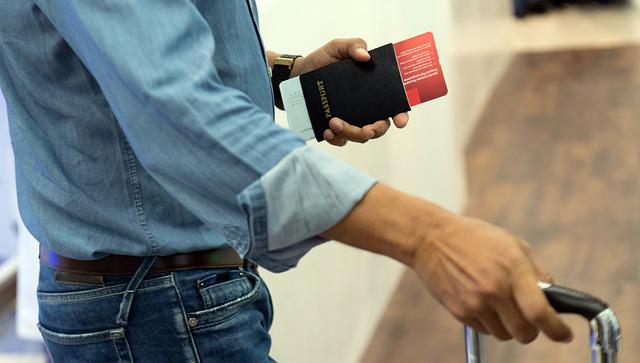
You unload your precious belongings and repack your bags like a criminal only to get scanned by a machine that looks like it might steal your soul. You then run to your gate just to fight another queue. Your mind racing with thoughts of what you’ve forgotten and what TV shows will never record even though you saw that goddamn Red R right there on the schedule.
Then your flight gets called and you queue again. You check your phone/passport/wallet/Air pods in every single pocket as you show your boarding pass for the umpteenth time. As you step gingerly through the noisy jetway, the aircraft door appears and now you know it’s real.
There’s no going back. And a familiar feeling starts to rise.
Air Travel Stress
Now we ask you, my friend, – what is that feeling? Is it a feeling driven by the vehicle you are about to board and the aeronautical-based mode of operation? Or could it be the culmination of Stress and Anxiety brought about by the travel experience that’s looking for a way to express itself?
Aerophobia’s distant cousin
Wait, there’s more. There are also Claustrophobia and Acrophobia. The legitimate fears of enclosed spaces and the fear of great heights. Both of which can bring me to a quivering mess. All of us, in fact, to quivering messes. Because of our amygdala.
That little part of our brain is used as an alert system and shaped by our ancestors to stop us from climbing inside places we may not be able to get out of or stepping too close to edges we may not be able to clamber back from.
Both phobias are clear and present both consciously and subconsciously when we get inside a metal tube that is going to go places our amygdala would prefer, we didn’t. Your fear of flying is a stress response to these and the other anxiety-inducing elements of traveling or flying (and earlier experiences in your childhood or flying life) that has caused you to respond this way.
It is not a “fear of flying” or a “fear to fly”. You are here, in this spot, because other stresses and anxieties have gotten the better of you and it has now become unbearable.
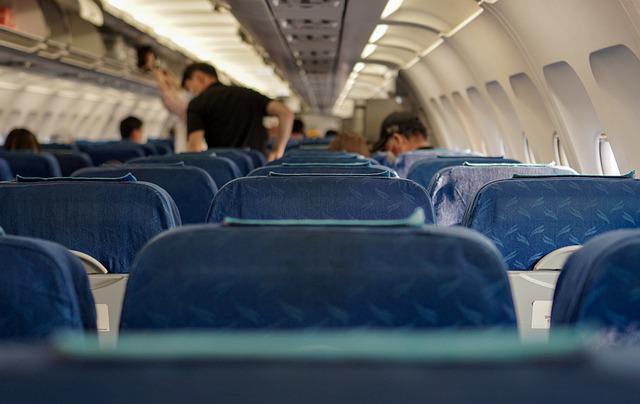
We fear the Unknown
We do. We fear it all the time. When we have yet to do something – we fear doing it – because we lack the knowledge and the experience. But once we have both those things, we acquire a new skill, and this translates to confidence and trust and we lose fear.
Easy right? Ok not that easy – but that’s kind of the crux of any phobia. Don’t like spiders? Learn about them. Educate yourself on how they act and behave and what they’re all about. Then put that into practice by holding one or letting it sit on your shoulder. Not me mind you, not a chance… but it does work, and flying is the same.
What can you do?
The first step, which should be obvious here, is that you should view the traveling experience as just that. An experience. You must accept the vagaries and hiccups that come with joining thousands of others in an entire day of upset, just to take a two-hour flight. You must do everything you can to minimize the undue stress (you cannot remove all stress!) that can elevate your anxiety levels unnecessarily.
We know this is hard but with some good planning and resource management you can do it easily. A good podcast or Spotify list can help, but most of all lots of water, no alcohol, and Vitamins B and C. Some zinc.
And for the flying part, we ask only that you be rational. Your chance of being injured or worse on an aircraft is smaller than the risk you will die from eating those purple chips JetBlue throws at you. Those risks are smaller than being killed by a shark – even if you never go into the water. Now Heart disease kills 50% of us, go ahead and be scared of that!
Dose of Rationality
And remember this. Aircraft glide. They really do. Even if you lose all power on your aircraft (a primary fear for most of you) the aircraft can still be landed. It happened before, Air Transat flight ATA236 flew a world-record 20 minutes with both A330 engines shut down and made it safely to the runway at the Azores.
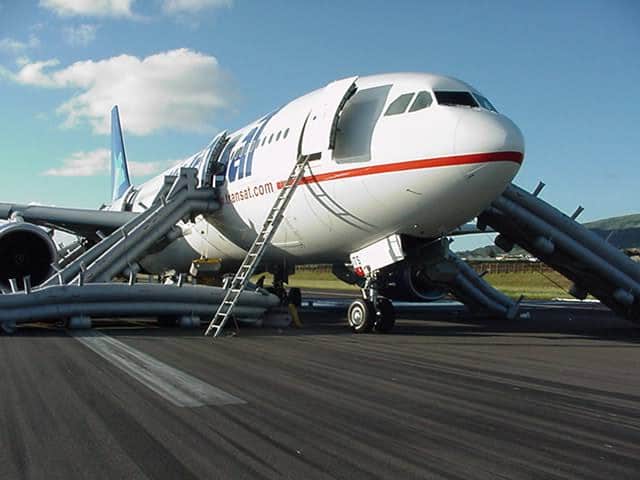
Capt. Sully did better. He lost both engines at less than 3,000 feet and still flew for three and a half minutes before ditching safely into the Hudson with zero casualties.
Be rational. If you insist on being Irrational, then we can’t help you and you cannot help yourself. We ask only that you conduct a simple audit on your emotional stresses and ask yourself what triggered them and why.
My last piece of advice – don’t smoke or abuse alcohol. Fifty percent of us die from those two. Now that’s the stuff of nightmares.


